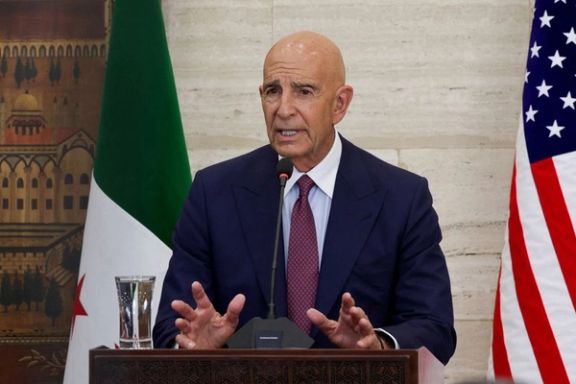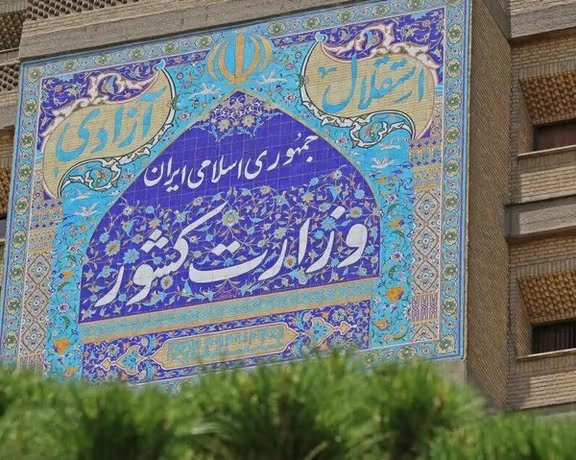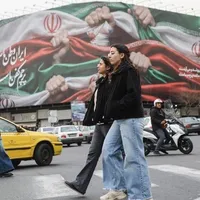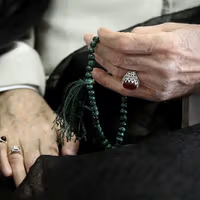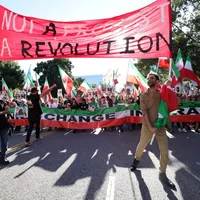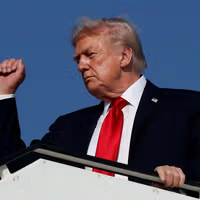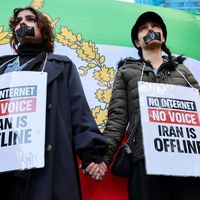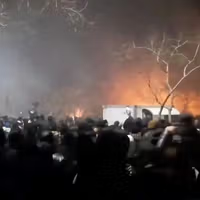The US president’s comments were “nonsense spoken to console disheartened Israeli officials after unexpected defeat in the 12-day war,” Khamenei said on Monday in Tehran during a meeting with Iranian sports and science champions.
"The US president proudly says they bombed and destroyed Iran's nuclear industry. Very well, keep dreaming!" he added.
“The United States is in no position to determine what countries should or should not possess nuclear capabilities,” he said, adding that Iran’s youth-built missiles had already “penetrated and destroyed sensitive Israeli facilities.”
Speaking before the Israeli Knesset last week, President Donald Trump said, “We dropped 14 bombs on Iran’s nuclear facilities, which has been confirmed to have obliterated those facilities, and together we helped stop the world’s number one state sponsor of terrorism from making nuclear weapons. If we didn’t do that, there would be a dark cloud over this [Gaza] deal. This was our last shot.”
However, Khamenei said, “The Zionists never imagined that an Iranian-made missile, created by the hands of young Iranians, could reduce parts of their strategic centers to ashes, but it happened.”
“These missiles are ours, built by our youth, not borrowed or bought from anyone. They remain ready and will be used again if necessary,” he added.
Remarks directed at US and Israel
The US president’s visit to Israel, Khamenei said, was an attempt to “revive morale among a defeated regime.”
He described Washington’s comments as “foolish and theatrical behavior,” asserting that such language “reveals how disillusioned the enemy has become.”
“These words were spoken to people who have lost confidence,” he said. “Their 12-day war humiliated them, and the American president went there only to give them spirit.”
Khamenei also accused Western leaders and media of distorting Iran’s progress. “They amplify our shortcomings and conceal our achievements,” he said.
“They want to convince our youth that Iran is dark and stagnant, but every success in sports, science, or technology proves the opposite.”
US accused of partnership in Gaza war
American weapons, logistics, and other resources were provided to Israel and were used against civilians in Gaza, Khamenei said.
He rejected US statements that its actions were aimed at combating terrorism, pointing to civilian casualties.
“They say they fight terrorism. More than 20,000 children and infants were killed in these attacks. Were they terrorists?” he asked.
Khamenei went further, calling the United States itself a producer of terrorism in the region: “You produced ISIS, you unleashed it on the region, and you have kept it as an instrument to use later.”
He accused Washington of direct complicity in the Gaza conflict and in the targeted killings of Iranian scientists, saying, “America is the main partner in this crime.”
